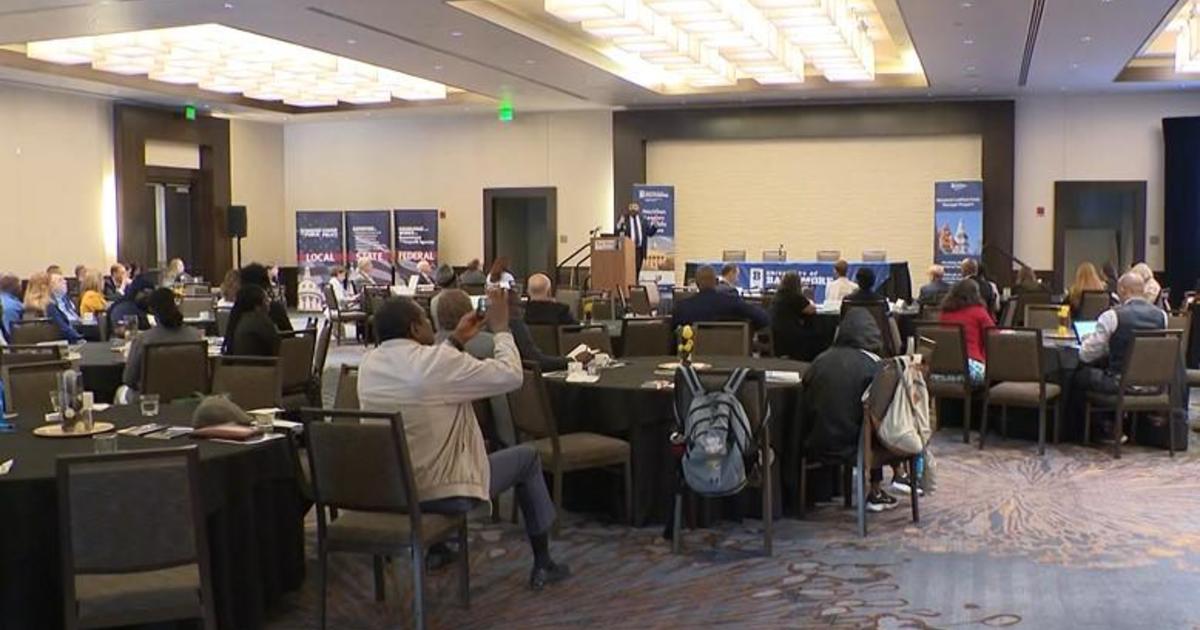Tips For A More Safe And Secure Internet Shopping Experience
More than half of consumers are expected to shop over the Internet this year. The Independent Community Bankers of America (ICBA) and The Harbor Bank of Maryland have issued tips to help consumers stay safe and secure when ordering online.
"A few simple precautions can make a big difference," said Jim MacPhee, ICBA past chairman and CEO of Kalamazoo County State Bank, Kalamazoo, Mich. "Community banks are committed to making sure that our customers have the information they need to shop safely and securely anywhere, anytime. It's even more important at this time of year to remind people of the likelihood of fraud."
- Make sure your computer and browser are secure. Set your firewall, anti-virus and anti-spyware software to automatically update and scan your PC. Check to ensure the firewall protection is turned on and is at the highest setting.
- Don't create passwords that include easily accessed personal information, such as mother's maiden name or date of birth. Instead, use something unique that only you know and include uppercase and non-alphanumeric characters.
- Don't give personal information over the phone, through the mail or on the Internet unless you know who you're dealing with and preferably only if you've initiated the contact. Never give out Social Security or driver's license numbers or date of birth, particularly over the phone in public places. If you must share personal information, confirm that you are dealing with a legitimate organization.
- If you receive an e-mail asking for personal information, do not hit the reply button or click on any link in the e-mail. Instead, go directly to the sender's website by typing in its web address.
- Look for secure sites with an "s" in the URL (https://) and a closed-padlock icon on the webpage.
- Always double-check the URL to be sure you are shopping with the company you intended to shop with. A simple typo can help identity thieves.
- Know who you are dealing with. If you're using a company's site for the first time, consider checking it out with the Better Business Bureau (www.bbb.org/) or use a search engine with the name of the company and "fraud" to determine if other consumers have posted negative reviews.
- Never respond to an offer by way of a spam or bulk e-mail. If something sounds too good to be true, it usually is.
- Avoid providing unnecessary information, such as annual income, spending habits, hobbies and lifestyle data.
- Shop with U.S.-based companies. Domestic state and federal consumer-protection laws apply. You'll be protected and have recourse should something go awry.
- Register your credit and debit cards at www.verifiedbyvisa.com or www.mastercardsecurecode.com for a more secure online shopping experience. Some banks offer virtual credit card account numbers that are generated each time you make a purchase, and some e-mail providers let you create several aliases to protect your personal e-mail address.
- Above all, monitor your online card or bank account statements for unauthorized activity and report this immediately to the bank. Credit cards and Visa and MasterCard branded debit cards offer consumer protections in the event of fraud. Keep records of all your purchases in case there's a problem.
"The Internet offers incredible convenience, and while most businesses online are legitimate, we urge our customers to monitor their reports and report any suspicious activity," MacPhee said. "Customers are reimbursed by their bank for fraud, but only if the customer reports it."
For more information, visit www.icba.org. To start a relationship with your community bank, The Harbor Bank of Maryland, or to watch videos with other helpful banking tools, visit http://www.theHarborBank.com.



